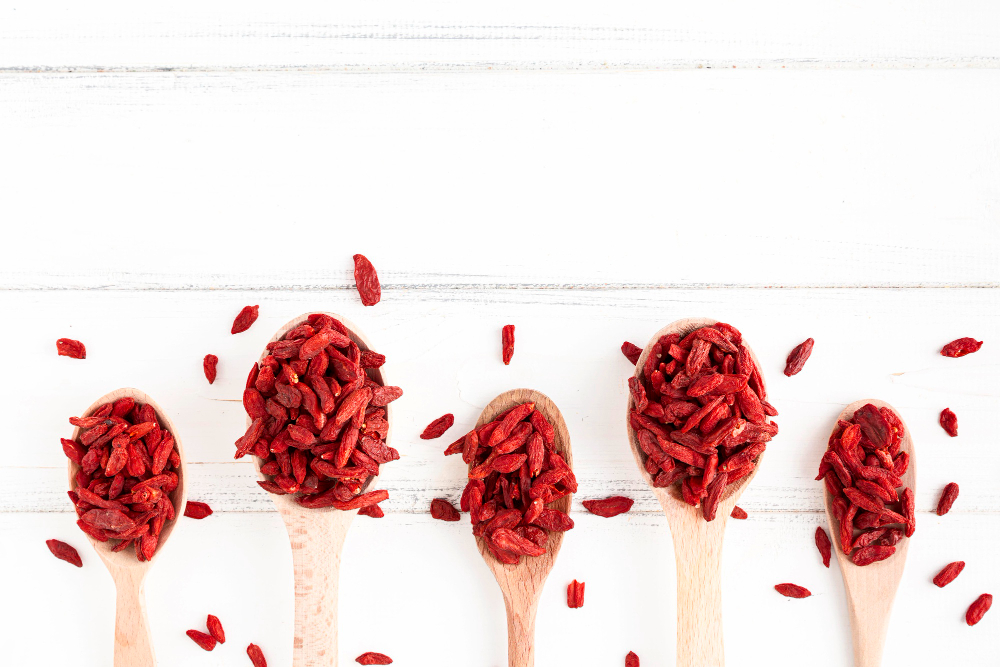Diet and Mental Health: Can What You Eat Affect How You Feel?

For decades, diet and mental health were treated as separate conversations — one for the body, one for the mind. But science now shows that what you eat can profoundly shape how you think, feel, and respond to stress. Your brain doesn’t operate in isolation; it’s nourished, fueled, and even influenced by your gut.
The Science Connecting Food and Mood
Mental health is complex — influenced by genetics, environment, and lifestyle. Yet research consistently reveals that nutrition is one of the most modifiable factors affecting mood and brain function.
A 2024 review in Frontiers in Nutrition found that diets low in whole foods and high in processed fats and sugars correlate strongly with higher rates of depression and anxiety. Similarly, people who follow Mediterranean-style diets — rich in vegetables, legumes, healthy fats, and fish — tend to report lower psychological distress.
A key piece of this puzzle lies in the gut-brain axis: the bidirectional communication network between your digestive system and your central nervous system. The gut microbiome — trillions of bacteria and microorganisms living in your intestines — produces neurotransmitters, regulates inflammation, and sends signals directly to your brain through the vagus nerve. When the gut microbiome is out of balance, mood and cognition can suffer.

How Nutrients Affect Mental Well-being
The nutrients we consume are the raw materials for neurotransmitters, hormones, and brain cells. A few key examples:
- Omega-3 fatty acids (found in salmon, chia seeds, and walnuts) are vital for neuronal communication and have been linked to lower depression risk.
- B vitamins — particularly B6, B9, and B12 — support the synthesis of serotonin and dopamine. Deficiency can contribute to fatigue, low mood, and cognitive fog.
- Magnesium and zinc play essential roles in managing the body’s stress response and stabilizing mood.
- Antioxidants in fruits and vegetables help reduce oxidative stress, which is increasingly recognized as a factor in mood disorders.
When these nutrients are missing or chronically low, emotional balance can be harder to maintain.
The Gut-Brain Axis: Why Digestion Shapes Emotion
If you’ve ever felt “butterflies” before a presentation or stomach tension during stress, you’ve experienced the gut-brain link firsthand. This connection is not metaphorical — it’s biological.
Recent studies in Nature and BMC Psychiatry show that people with depression or anxiety often have measurable differences in their gut microbiota composition. Specifically, lower levels of beneficial, anti-inflammatory bacteria and higher levels of pro-inflammatory strains correlate with worsened mood and stress resilience.
Supporting gut health through diet — by eating more fibre, fermented foods, and diverse plant-based meals — may help restore this microbial balance.

Probiotics: Small Bacteria, Big Impact on Mental Health
Probiotics — the beneficial bacteria that live in your gut — play an important role in regulating mood and stress through the gut-brain axis. Studies suggest that certain strains may support serotonin production, reduce inflammation, and improve the body’s resilience to stress. Including probiotic-rich foods such as kefir, kimchi, and yogurt, or targeted supplements, can help restore microbial balance and positively influence mental well-being. At Bioma Health, our focus on gut health highlights how nourishing your microbiome with probiotics can support both digestive harmony and emotional balance.

Foods and Habits That Support Mental Health
You don’t need to overhaul your diet overnight to see changes. Research suggests that gradual, consistent improvements to eating patterns can make a measurable difference in mood. Here’s what helps:
1. Eat for diversity.
Different plants feed different gut bacteria. Aim for 30+ plant varieties per week — fruits, vegetables, nuts, grains, herbs, and spices all count.
2. Include fermented and prebiotic-rich foods.
Yogurt, kefir, sauerkraut, kimchi, onions, garlic, and oats nourish beneficial microbes that influence stress and serotonin regulation. A controlled trial known as the Gut Feelings Study found that a high-prebiotic diet improved mood, anxiety, and sleep quality in just eight weeks.
3. Focus on whole foods.
Minimize processed and ultra-processed items that disrupt gut bacteria and blood sugar stability — both key in emotional regulation.
4. Balance healthy fats and proteins.
Stable blood sugar supports cognitive performance and mood stability throughout the day.
5. Stay hydrated and consistent.
Even mild dehydration can impair mood and focus. Regular meal timing helps your body maintain rhythm and energy balance.
The Role of Lifestyle: Sleep, Movement, and Stress
Diet doesn’t work in isolation. Mental wellbeing thrives when supported by healthy daily habits:
- Physical activity improves blood flow to the brain and encourages beneficial gut bacteria growth.
- Sleep restores neurotransmitter balance; poor sleep can intensify anxiety and sugar cravings.
- Stress management through mindfulness, journaling, or nature exposure helps regulate the gut-brain axis.
Together, these lifestyle habits create the foundation for both physical and emotional health.

Putting It All Together
The relationship between diet and mental health is clear but nuanced. Food is not a cure-all for mood disorders, but it’s a cornerstone of prevention and long-term support. A nutrient-rich, gut-friendly diet provides the body and brain with the tools they need to maintain balance, manage stress, and foster resilience.
By approaching your mental health through the lens of nutrition — and especially through the health of your gut — you’re addressing the system that connects your diet, hormones, and emotions.
For example, a 2025 meta-analysis in Psychiatry Research found that probiotic and prebiotic supplements reduced anxiety symptoms in clinically diagnosed individuals.
Related articles



